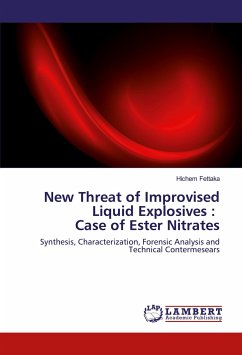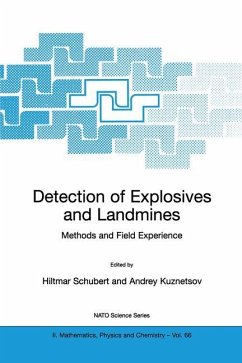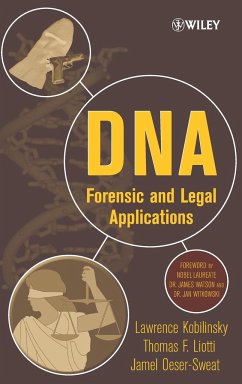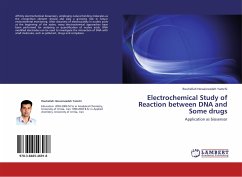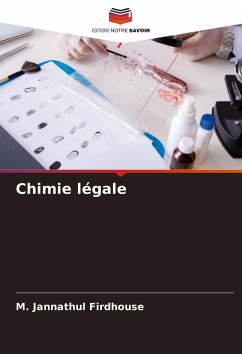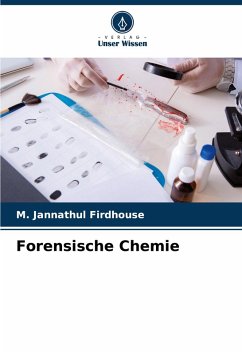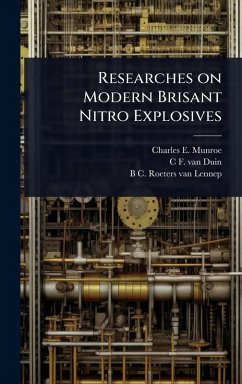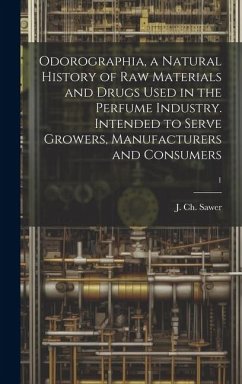
Forensic Chemistry
Versandkostenfrei!
Versandfertig in 6-10 Tagen
29,99 €
inkl. MwSt.

PAYBACK Punkte
15 °P sammeln!
Forensic chemistry is a specialized field that uses chemistry to analyze evidence from crime scenes to establish facts in legal cases. Key areas include toxicology, drug analysis, explosives and arson, and trace evidence analysis. Forensic chemists study and detect poisons, drugs, and other toxins in biological specimens, analyze unknown drugs, determine the cause of explosions and fires, and identify trace amounts of substances to link suspects to the crime scene. Techniques used include chromatography, spectroscopy, microscopy, and electrophoresis. Forensic chemists play a crucial role in th...
Forensic chemistry is a specialized field that uses chemistry to analyze evidence from crime scenes to establish facts in legal cases. Key areas include toxicology, drug analysis, explosives and arson, and trace evidence analysis. Forensic chemists study and detect poisons, drugs, and other toxins in biological specimens, analyze unknown drugs, determine the cause of explosions and fires, and identify trace amounts of substances to link suspects to the crime scene. Techniques used include chromatography, spectroscopy, microscopy, and electrophoresis. Forensic chemists play a crucial role in the criminal justice system by providing objective data that can confirm the presence of illicit substances, identify harmful toxins, and establish links between suspects and crime scenes.





